Japan's economy grew faster than first estimated in the April–June quarter, as stronger consumer spending and higher inventories lifted momentum in the world's fourth-largest economy. Revised government data on Monday, September 8, showed growth well above initial projections.
Growth revised sharply higher
The Cabinet Office said real gross domestic product (GDP) expanded at an annualised 2.2 per cent in the second quarter, more than double the preliminary estimate of 1.0 per cent released in mid-August. On a quarter-on-quarter basis, GDP rose 0.5 per cent, compared with an earlier reading of 0.3 per cent. The revision exceeded economists' median forecast and marked the fifth consecutive quarter of expansion, though economists warned the outlook remains clouded by political uncertainty.
Consumption leads the upward revision
Private consumption, which accounts for over half of Japan's GDP - climbed 0.4 per cent in the quarter, stronger than the 0.2 per cent rise reported initially. The Cabinet Office attributed the improvement to better-than-expected spending at restaurants, gaming outlets and other retail segments.
Inventories also provided an upward push, helping domestic demand contribute 0.2 per cent point to overall growth, reversing the 0.1 per cent point drag in the initial estimate.
Business investment softens
Capital expenditure, a key indicator of private demand, grew 0.6 per cent in the quarter. That was revised down from 1.3 per cent in the preliminary estimate and fell short of market expectations for a 1.2 per cent rise. External demand, or net exports, contributed 0.3 per cent point to growth, unchanged from the initial reading.
Tariffs and political uncertainty loom
Japan's export outlook remains under strain as US trade policy shifts. While Tokyo and Washington last week finalised a deal to reduce tariffs on certain goods, including some auto-related products, broader US measures continue to threaten the sector. Economists warn that the concessions may not be enough to offset the drag from other tariff hikes. Adding to the uncertainty, Prime Minister Shigeru Ishiba resigned on Sunday, triggering a ruling party leadership contest. The Nikkei index rose in early trade, reflecting investor relief that the move was anticipated.

 3 hours ago
1
3 hours ago
1






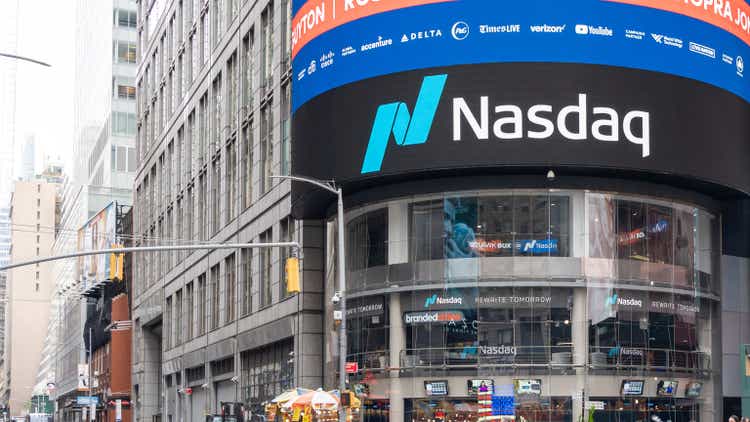


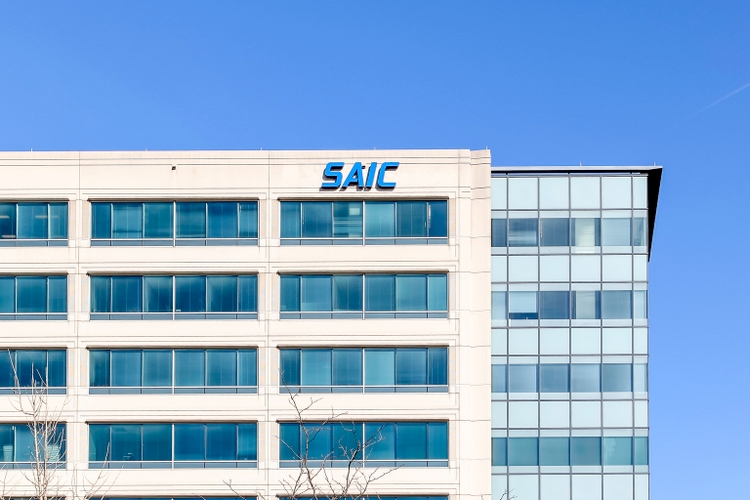
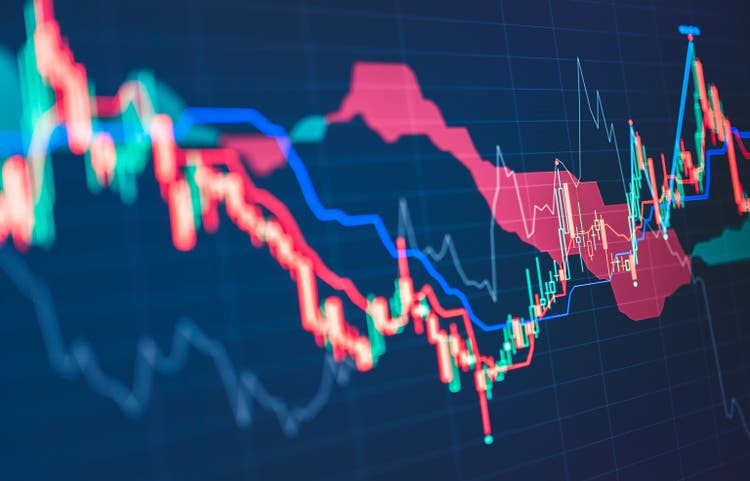
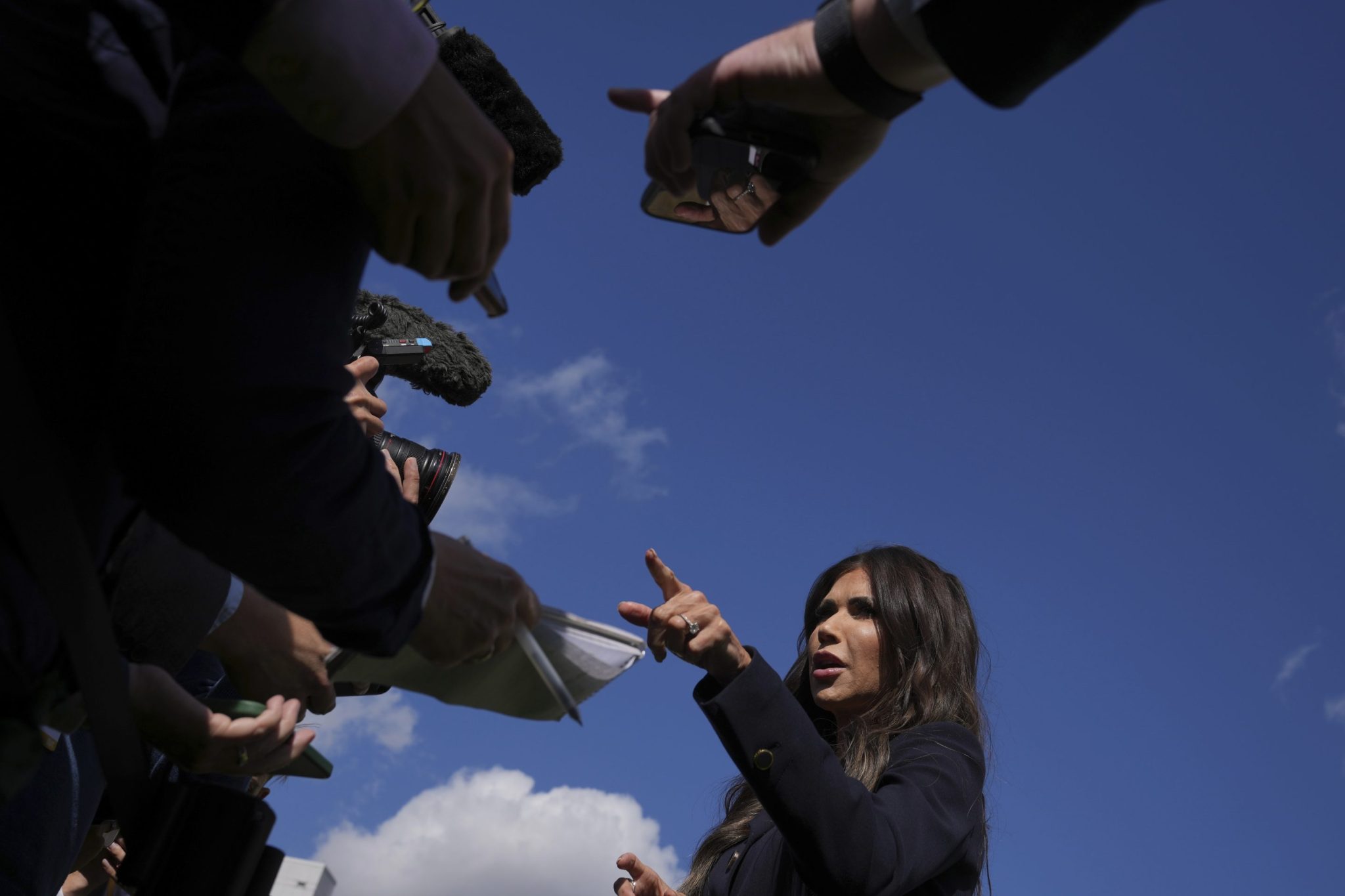
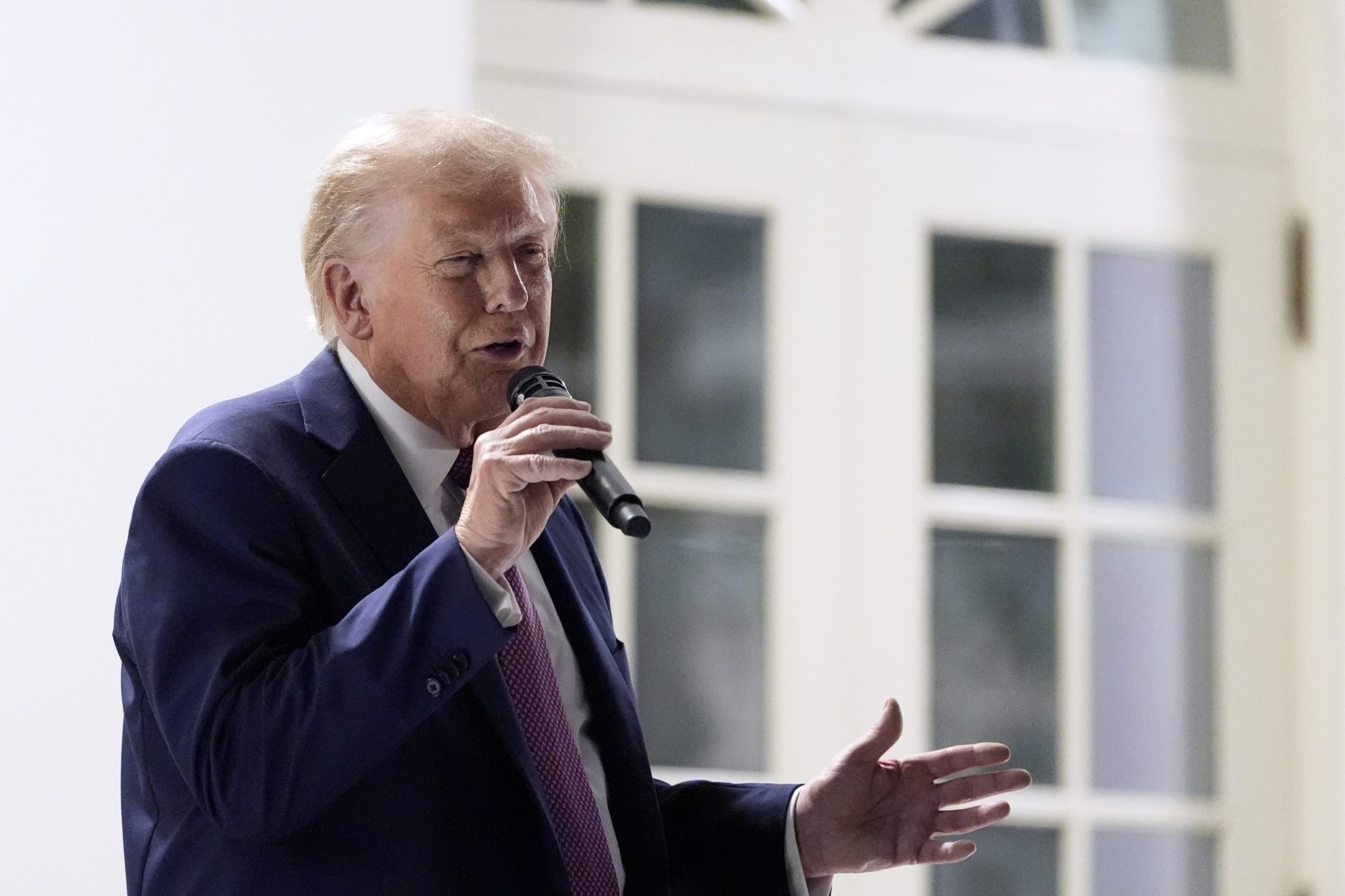


 English (US) ·
English (US) ·